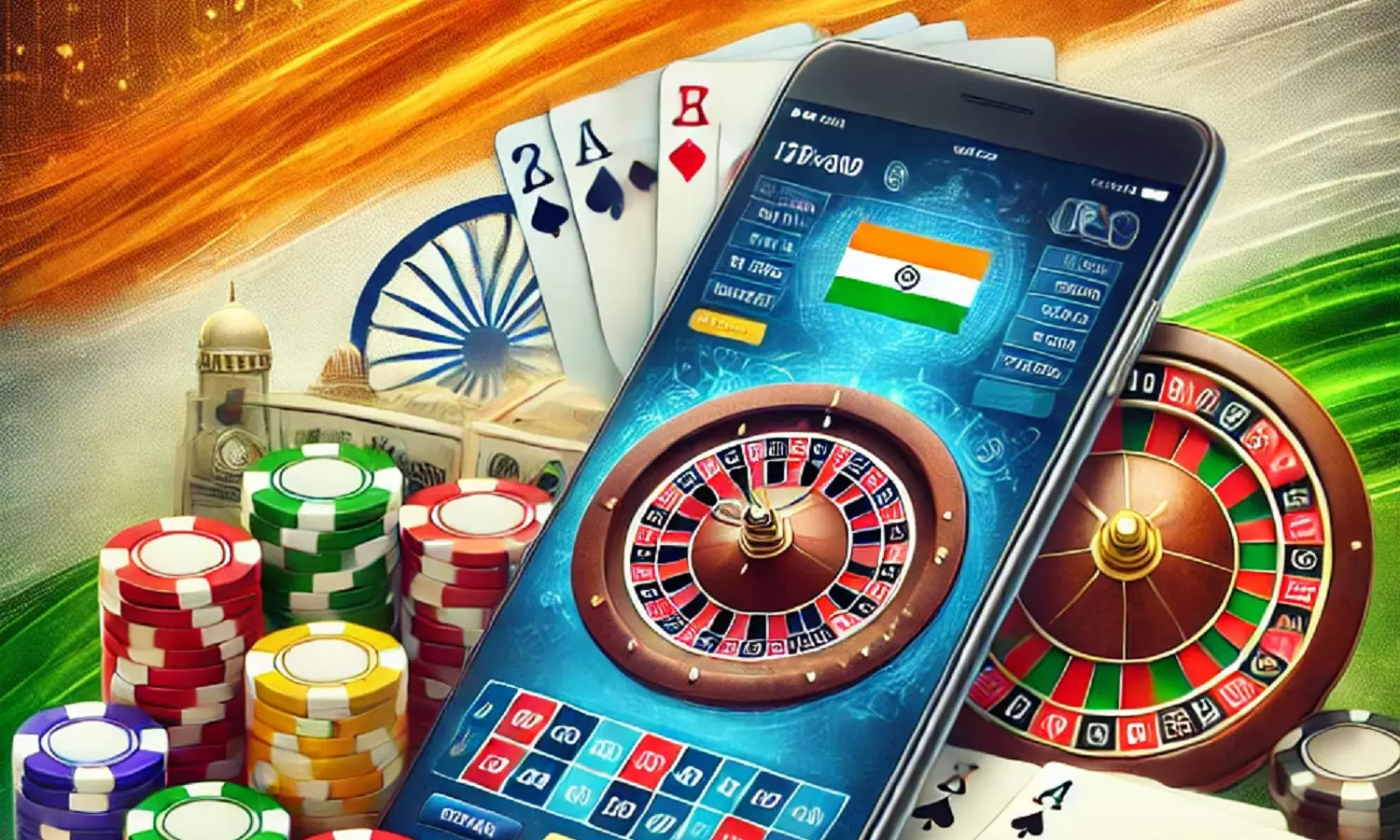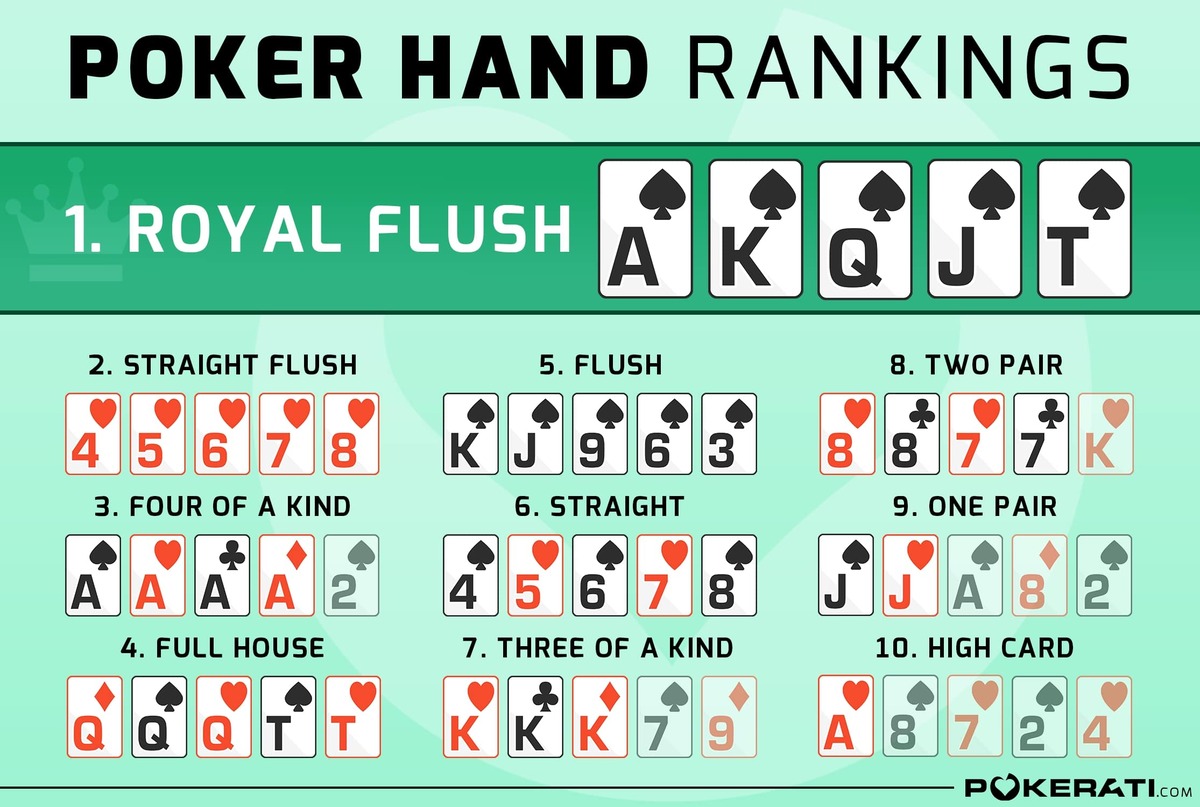Let’s cut to the chase—online poker’s legality in India is a gray area. Not quite black, not quite white. More like a foggy morning where you can’t tell if it’s rain or just heavy mist. But hey, that’s India’s relationship with gambling laws for you.
The Legal Landscape: What Does the Law Say?
India’s gambling laws are a patchwork quilt of federal and state regulations. The big daddy is the Public Gambling Act of 1867 (yes, it’s that old), which bans running or visiting a “common gaming house.” But here’s the kicker—it doesn’t mention online poker. Not even once.
Then there’s the Information Technology Act of 2000, which gives states the power to regulate online activities. Some states, like Nagaland and Sikkim, have jumped on this to license online poker. Others? Well, they’d rather pretend it doesn’t exist.
States Where Online Poker is Explicitly Legal
As of 2024, these states have clear rules allowing online poker (with licenses, of course):
- Nagaland – The first to regulate it (2015). Poker’s considered a “game of skill” here.
- Sikkim – Issues licenses but restricts play to within state borders (good luck enforcing that).
- Goa – Allows online poker but ties it to physical casinos. A weird hybrid.
States Where It’s a Hard No
Meanwhile, these states treat online poker like it’s contraband:
- Telangana – Banned all online gambling in 2017. Even skill games.
- Andhra Pradesh – Followed Telangana’s lead in 2020. Zero tolerance.
- Tamil Nadu – Flip-flopped twice. Currently banned since 2021.
For the rest? Silence. Which, honestly, is the most Indian response of all.
The “Skill vs. Chance” Debate: Why It Matters
Here’s where things get spicy. Indian courts have ruled that games predominantly based on skill (like poker) don’t count as gambling. But—and it’s a big but—only in some states. The Supreme Court’s 1996 Dr. K.R. Lakshmanan vs. State of Tamil Nadu case set this precedent, comparing poker to horse racing (another “skill” activity, apparently).
Yet, some lower courts still disagree. It’s like watching two lawyers argue over whether a samosa is a snack or a meal—technically subjective, but everyone thinks they’re right.
Playing Online Poker in India: The Practical Reality
Legalities aside, here’s what’s actually happening:
- Offshore sites dominate – Platforms like PokerStars, Adda52, and Spartan Poker operate from outside India, skirting local laws.
- No prosecutions (yet) – There’s no record of players being arrested for playing online poker. Operators? That’s a different story.
- Payment hurdles – Some banks block transactions to poker sites. Cryptocurrency is filling the gap.
Tax Implications: The Silent Headache
Winnings over ₹10,000 are taxable as “income from other sources.” Most players ignore this. The tax department? They’re ignoring it too—for now. But if you hit a jackpot, maybe don’t flaunt it on Instagram.
The Future: Will India Regulate Online Poker Nationally?
Pressure’s building. The Federation of Indian Fantasy Sports (FIFS) is lobbying to standardize laws. Even the Law Commission suggested regulation in 2018. But with elections always around the corner, politicians would rather avoid the “gambling” label.
Best guess? We’ll see state-by-state changes first. A national framework? Maybe by 2030—if we’re optimistic.
Bottom Line: Should You Play?
If you’re in Nagaland or Sikkim, sure. Elsewhere? Technically risky, practically low-risk. Just know the rules—or lack thereof—before you go all-in.




